Linear Algebra - Linear Algebra Solver
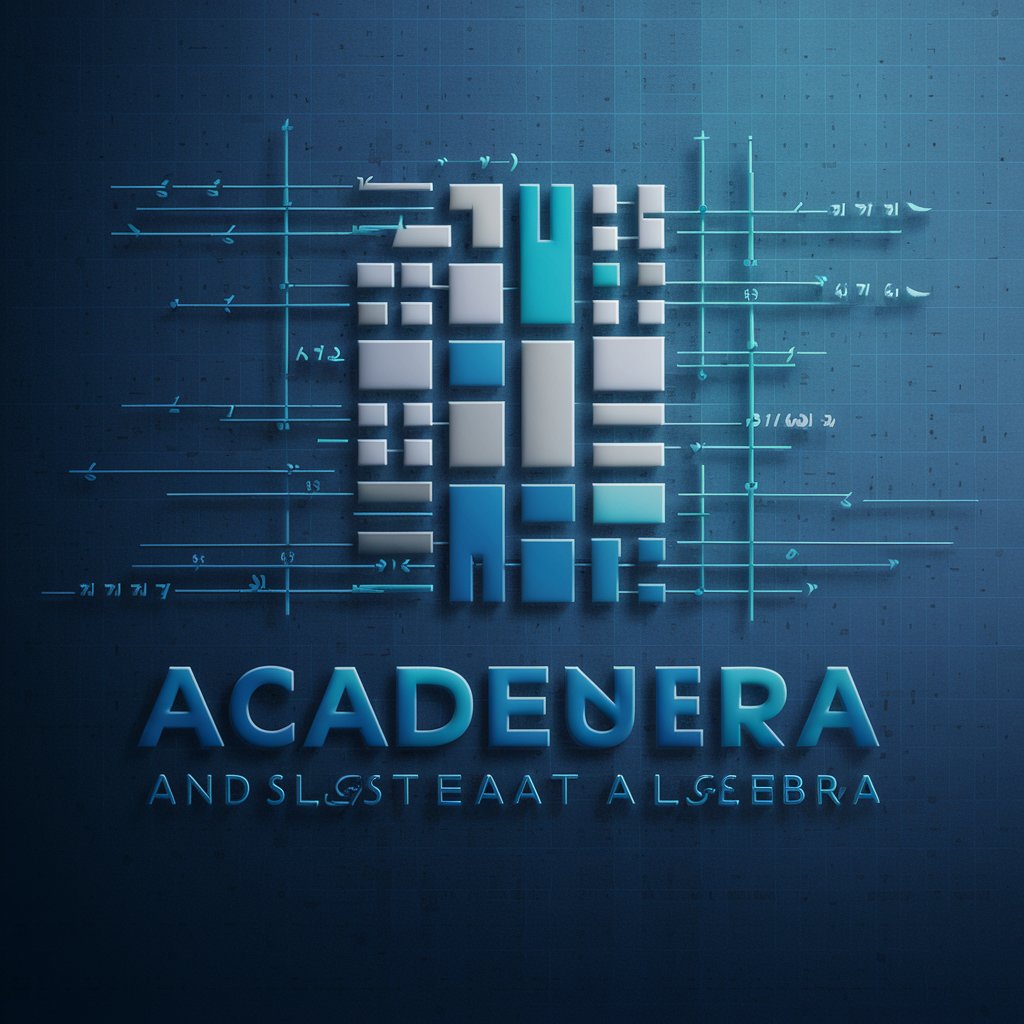
Welcome to Linear and Abstract Algebra Solver!
Transforming Theoretical Math into Practical Solutions
Solve the following linear transformation problem:
Prove that the given set of vectors is linearly independent:
Calculate the determinant of the following matrix:
Find the eigenvalues and eigenvectors of the matrix:
Get Embed Code
Introduction to Linear Algebra
Linear Algebra is a fundamental branch of mathematics that focuses on the study of vectors, vector spaces, linear transformations, and matrices. It provides tools for working in any field of science and engineering that models natural phenomena or human-created systems. Linear algebra allows for the solving of systems of linear equations, which are ubiquitous in both theoretical and applied mathematics. Examples include calculating forces in engineering structures, transformations in computer graphics, and managing large datasets in machine learning. Powered by ChatGPT-4o。

Main Functions of Linear Algebra
Solving Systems of Linear Equations
Example
Finding the currents in an electrical circuit using Kirchhoff's rules results in a system of linear equations.
Scenario
Engineers use matrix operations to solve for unknown currents and voltages in complex circuits.
Transformations and Matrices
Example
In computer graphics, transformations such as rotation, scaling, and translation are performed using matrices to manipulate images.
Scenario
Game developers transform the coordinates of models for rendering scenes from different perspectives.
Eigenvalues and Eigenvectors
Example
In population genetics, the Leslie or projection matrix's dominant eigenvector predicts stable age distributions, and the largest eigenvalue predicts growth rate.
Scenario
Biologists can predict the long-term age distribution and growth of a population under stable conditions using eigen analysis.
Ideal Users of Linear Algebra
Engineers
Use linear algebra for system design, analysis, and optimization in fields such as civil, mechanical, electrical, and aerospace engineering.
Data Scientists
Apply matrix operations, vector spaces, and linear transformations to manipulate and interpret large datasets, perform machine learning tasks, and build predictive models.
Economists
Employ linear models to analyze economic trends, optimize resources, and solve economic forecasting problems using vectors and matrices.

How to Use Linear Algebra Effectively
1
For a hassle-free experience, visit yeschat.ai for a free trial without login requirements.
2
Ensure a strong foundation in mathematical concepts such as matrices, vectors, and systems of equations, as these are crucial for understanding and applying linear algebra.
3
Use linear algebra for practical applications such as solving systems of linear equations, which is essential in fields like engineering and computer science.
4
Leverage linear algebra in advanced topics such as eigenvalues and eigenvectors for more complex problems in physics and data science.
5
Continuously practice with real-world problems to enhance your skills and understanding, using tools and software that support linear algebra computations.
Try other advanced and practical GPTs
Cayley - Abstract Algebra Expert
Empowering algebraic exploration with AI
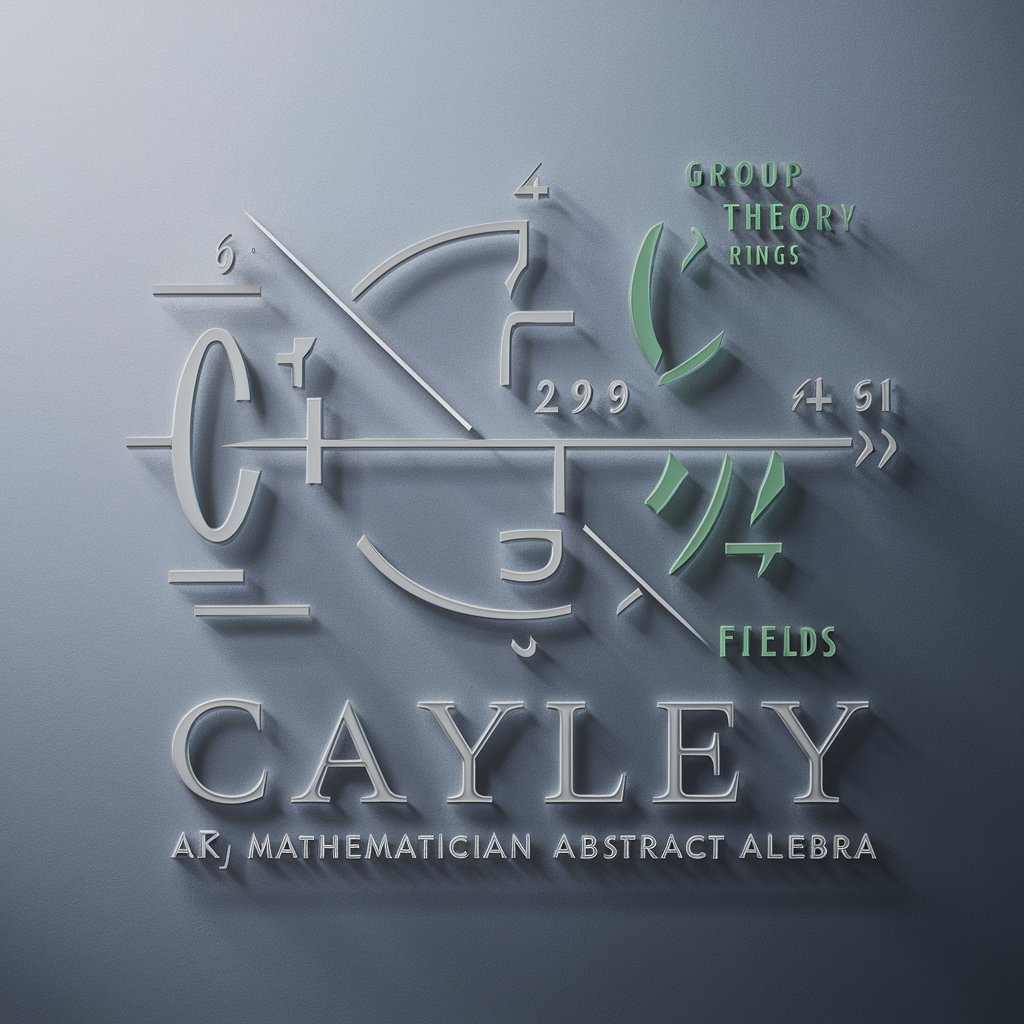
Algebra 2 Tutor
Your personal AI Algebra 2 coach.
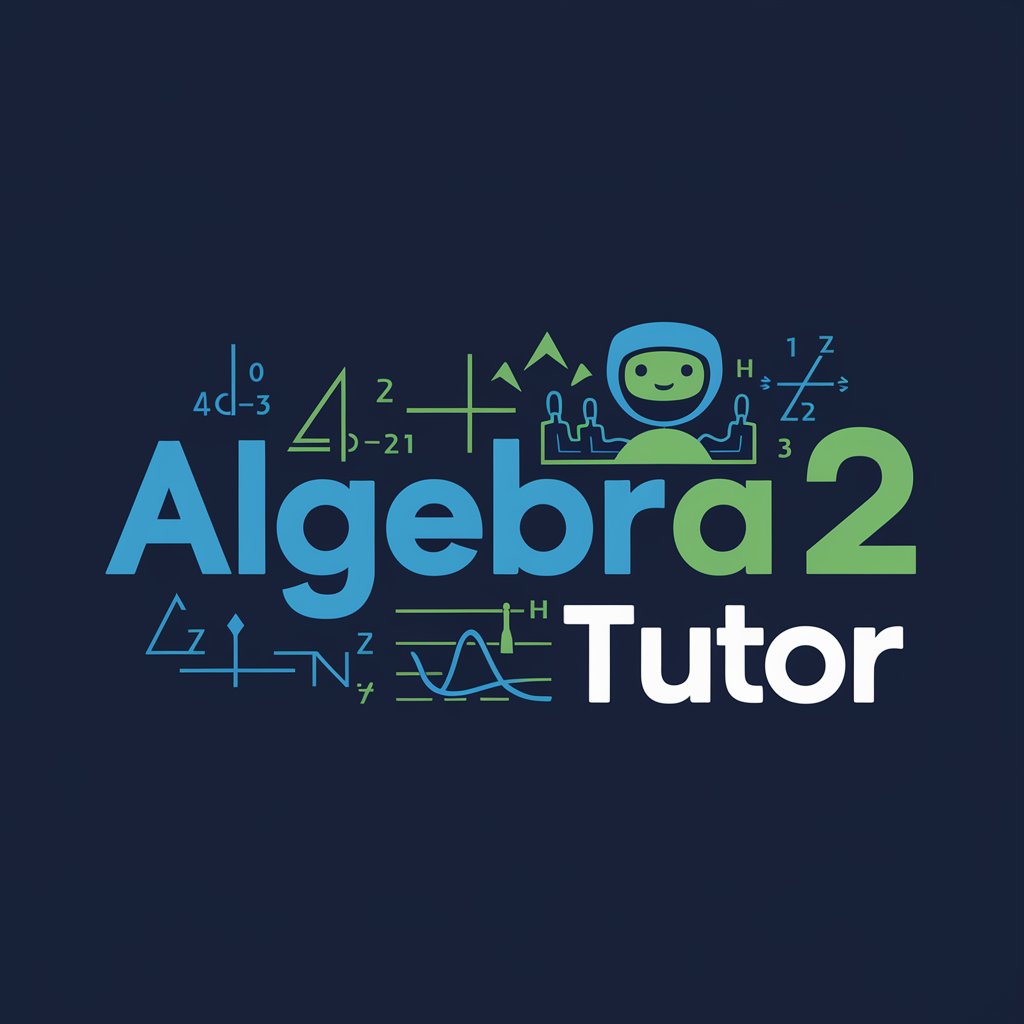
Algebra Ace
AI-driven algebra guidance.
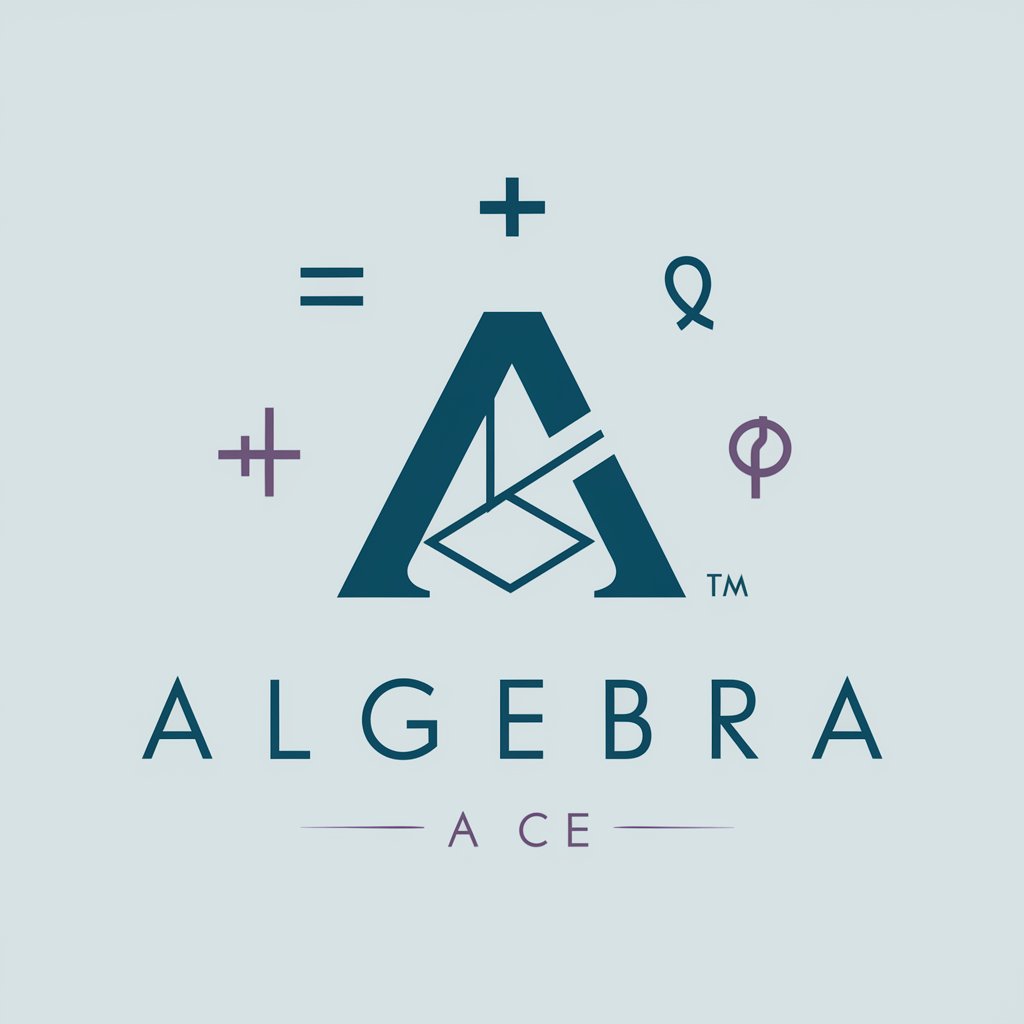
Algebra Ace
Master Algebra with AI-Powered Precision
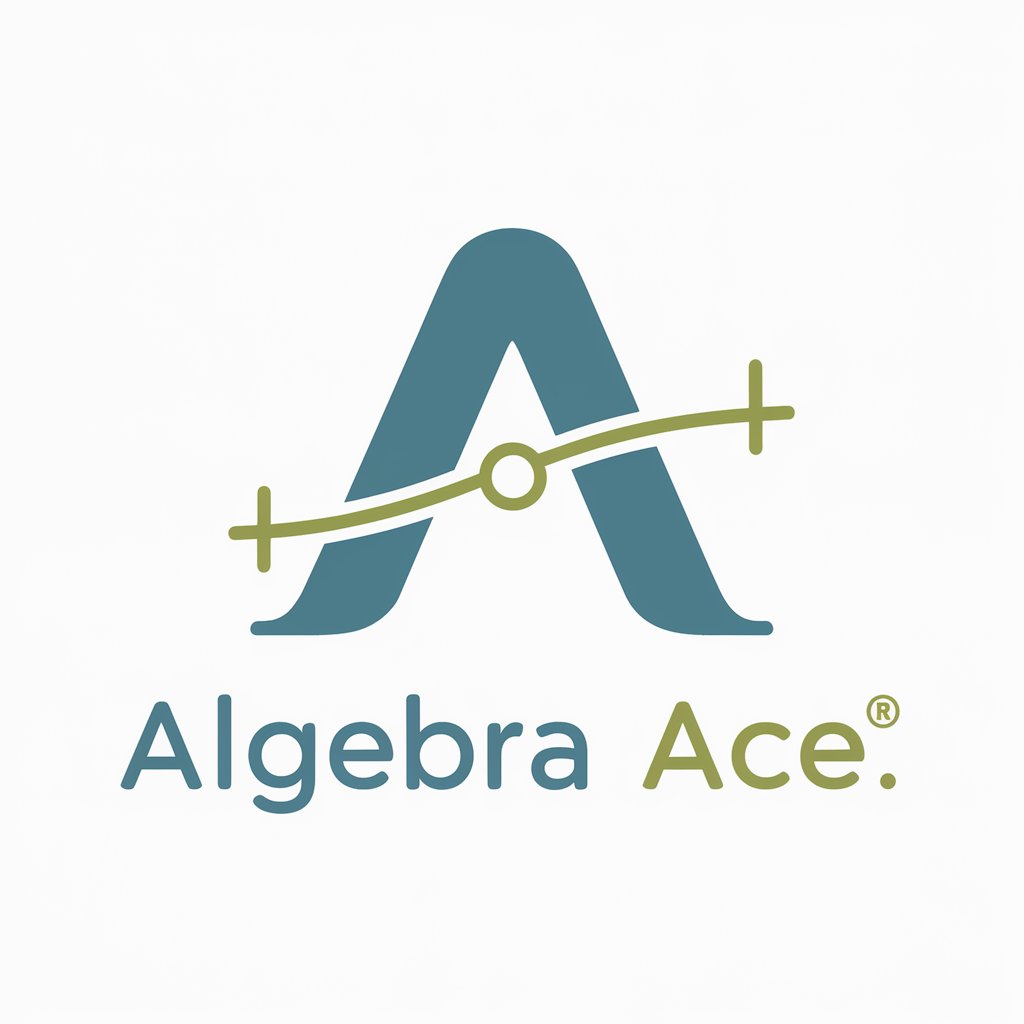
Algebra Specialist
Master Algebra with AI
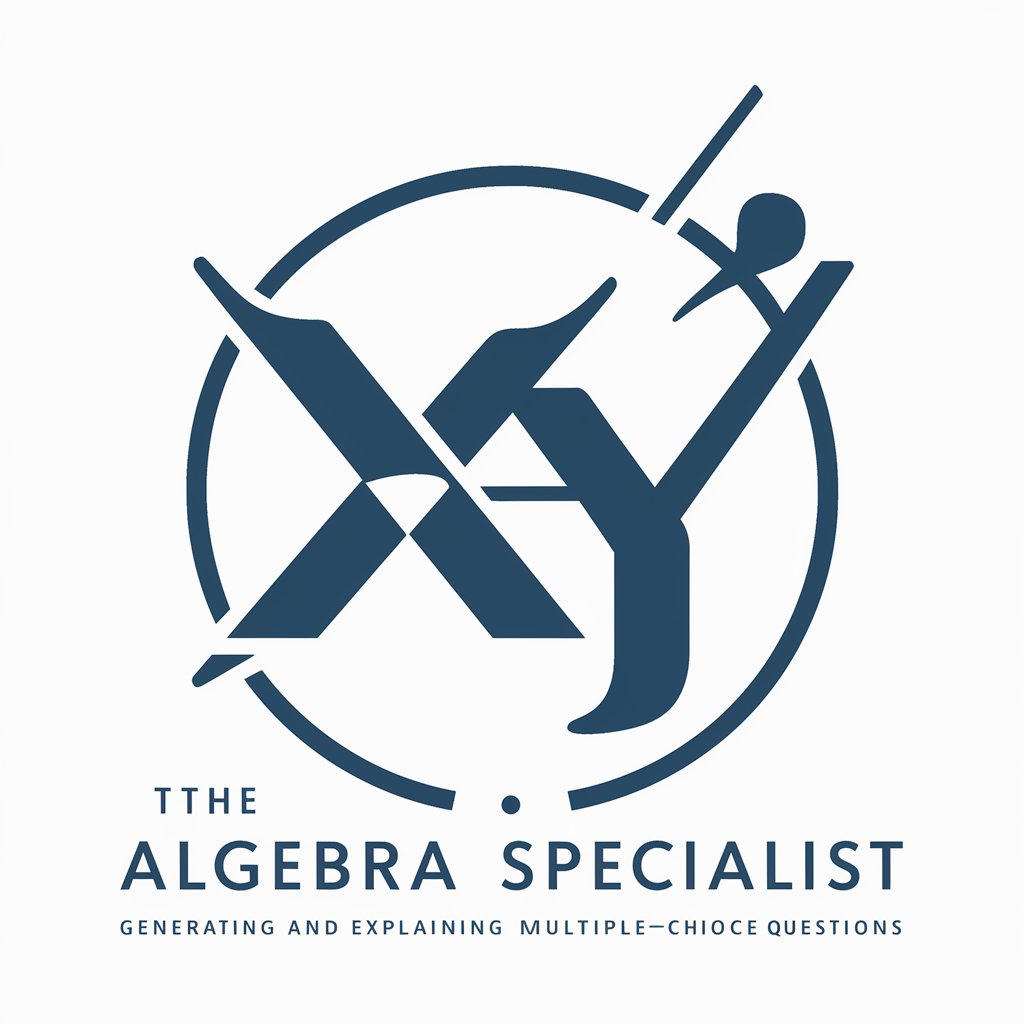
Algebra Ace
Solving Algebra with AI
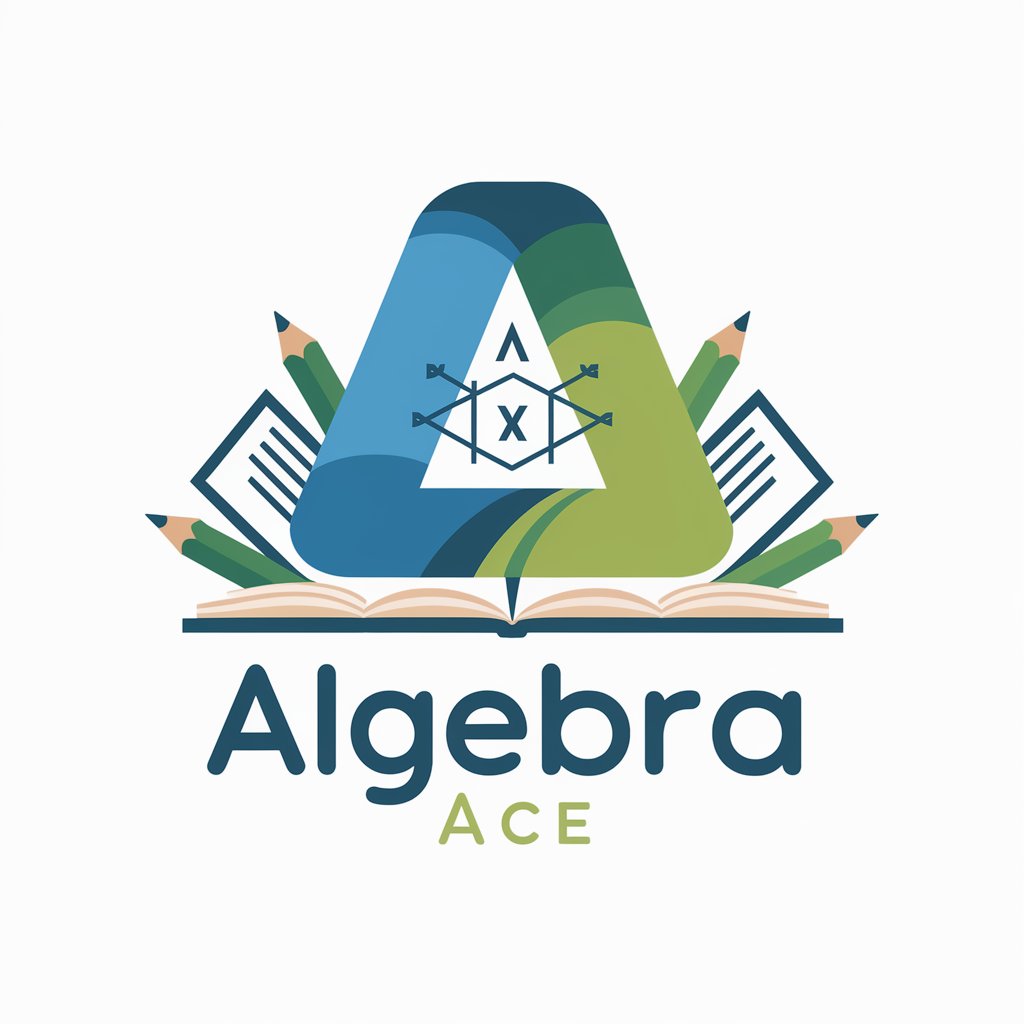
God of Linear Algebra
Master Linear Algebra with AI
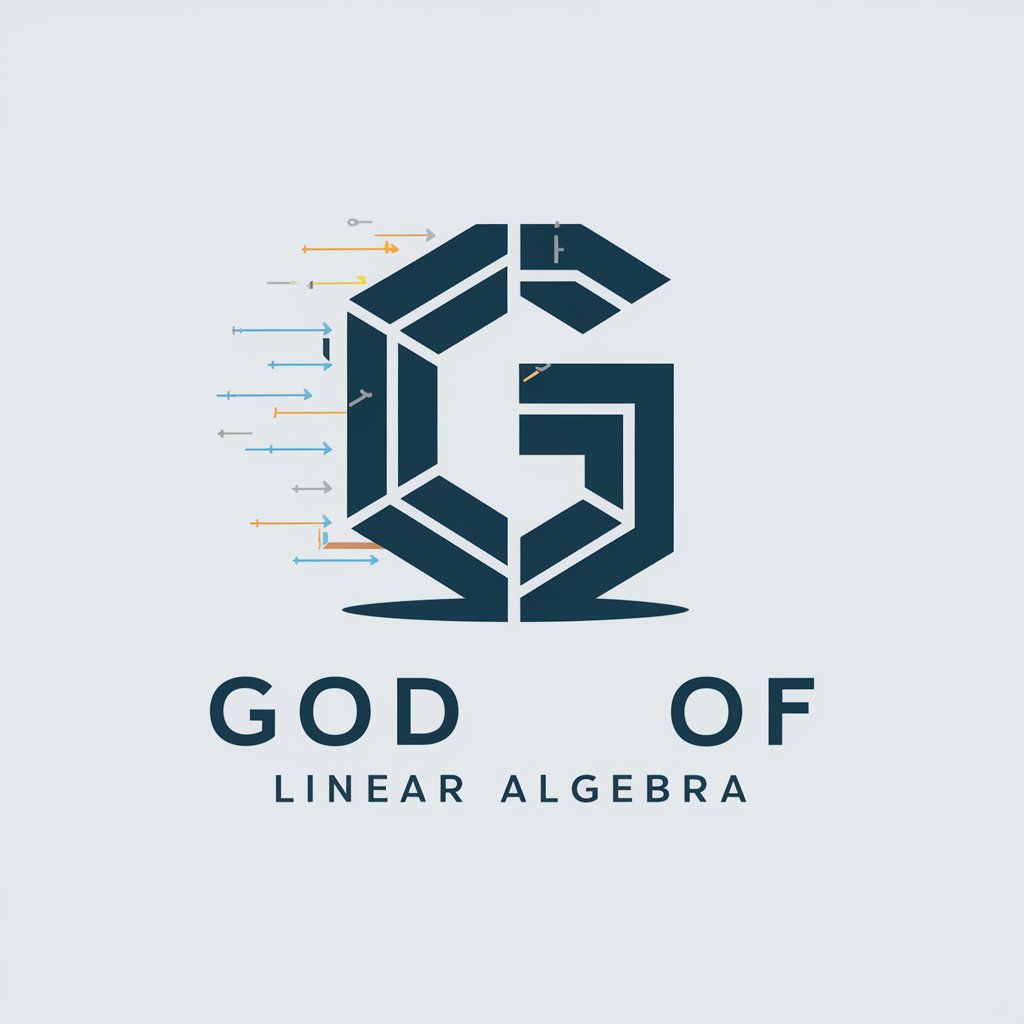
HydroPolicy Expert
Decoding EU Hydrogen Policy with AI

TWITCHnerd
Empowering Your Twitch Success

RollsRoyce-Concierge.ai
AI-powered concierge for Rolls Royce enthusiasts

EZ POD
Empower Your Creativity with AI

Python Tutor for Spreadsheet Geeks
Unleash the power of AI for data tasks
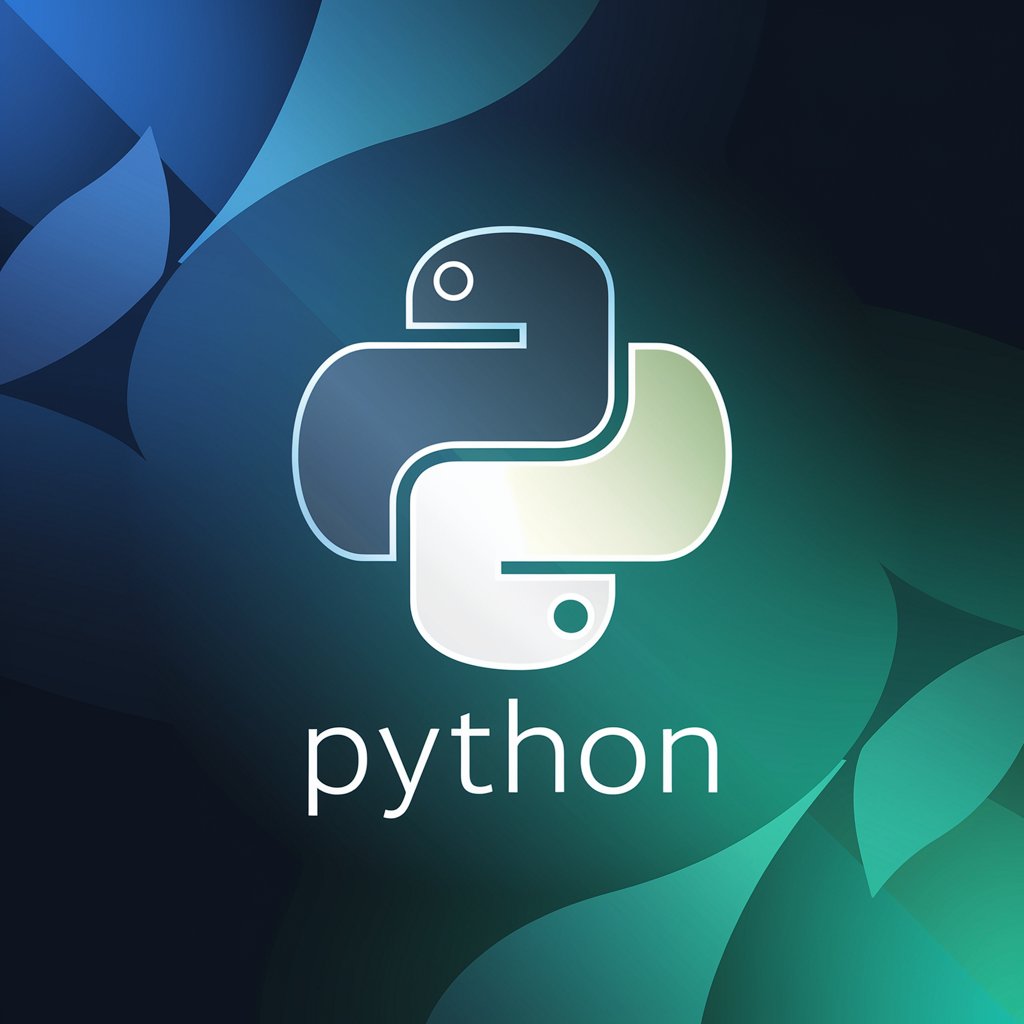
Linear Algebra Q&A
What is the significance of matrices in linear algebra?
Matrices are fundamental in linear algebra as they represent linear transformations between vector spaces. They are used extensively to solve systems of linear equations and to perform operations such as rotations and scaling in graphics.
How does linear independence affect the solutions of a system?
Linear independence of vectors in a system ensures that there are unique solutions. If the vectors are linearly dependent, the system may have infinitely many solutions or none at all.
What role do eigenvalues play in linear algebra?
Eigenvalues are scalars associated with a linear transformation that, when applied to their corresponding eigenvectors, scale the eigenvectors by the eigenvalue. They are crucial in determining the behavior of systems, including stability and oscillations.
Can linear algebra be used in computer science?
Yes, linear algebra is integral to computer science, particularly in fields like computer graphics, machine learning, and algorithms, where it helps in data structuring, optimization, and complex calculations.
What is the best way to learn and master linear algebra?
The best way to master linear algebra is through consistent practice with problems, understanding theoretical concepts, and applying them in practical scenarios, supported by educational tools and resources.
